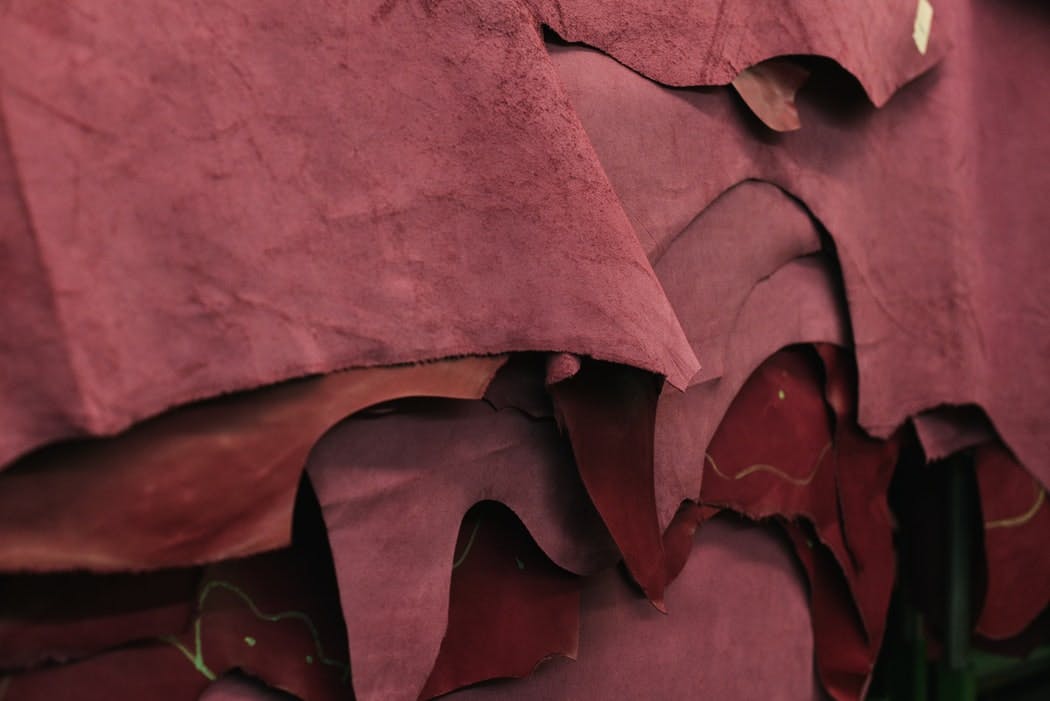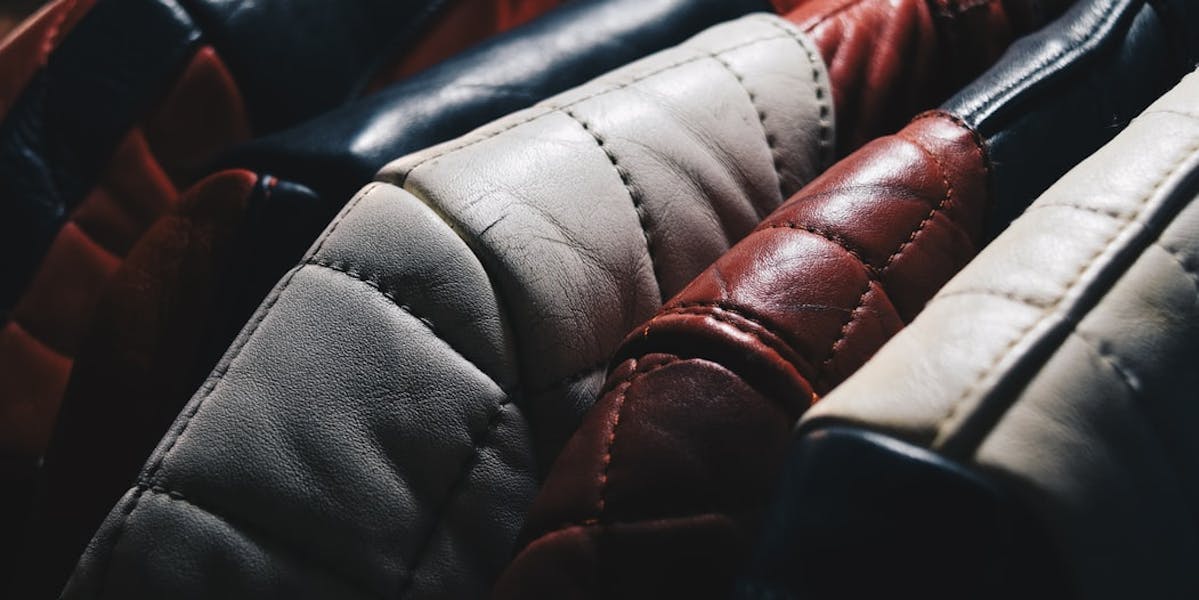Lifestyle
Is Vegan Leather Sustainable?
3min read
As the fashion world becomes more conscious of sustainability, all materials, including leather, are under the microscope and its environmental impact evaluated. But is vegan leather sustainable? The answer is a bit more complicated than you’d think.
Leather is a material that has been controversial for some time now, as it is made from the hide of animals. Faux leather has itself been in the world of fashion for a few decades now, too; though initially touted as a cheaper alternative to leather, it has since undergone a rebranding of sorts as a vegan-friendly fabric to suit plant-based lifestyles. However, it also begs the question: is it sustainable, and is it more sustainable than real leather? The answer isn’t so simple; in fact, even staunch vegans and sustainability gurus feel conflicted. We’ve broken down the case for each material and why they each have their pros and cons.
Why the sustainability question of traditional leather is complicated
Leather is made from the hide of mostly cattle. So this brings up a lot of ethical concerns, which is why lots of vegans don’t buy or use traditional leather. Aside from this, there are also consequences for the environment. Demand for leather means a need to rear cattle, so in the same way, eating meat has an effect on an individual’s carbon footprint, so does buying leather products.
Cattle grazing is responsible for 80% of deforestation in the Amazon forest in Brazil, a fact which is hard to ignore. Going vegan has been described in a study conducted by the University of Oxford as one of the single biggest ways to save the environment, but as long as the meat industry still has demand, farming in this way will continue.
On the other hand, many people also make the argument that leather is a by-product of the meat industry and that the animals are killed for meat consumption primarily. Bloomberg reported that there is still a demand for beef, but as vegan leather is becoming more popular, the prices of real leather have significantly plummeted, resulting in hides being moved to landfills. Due to this, many believe that as long as the leather is the by-product of the meat industry, it could be more environmentally-friendly to wear leather products.
The boycotting of skins can also be considered a social issue, as a group of conservationists wrote in an opinion piece in Business of Fashion. They concluded that boycotting the use of exotic skins from reptiles like crocodiles, snakes and lizards damage conservation efforts. The species were being used sustainably, and the initiatives supported ‘indigenous and local livelihoods, and motivating people to protect and conserve species and their habitats.’ Though people may turn to vegan leather for ethical and animal welfare concerns, this also carries its consequences, impacting some of the most marginalised communities in the world.

Vegan leather and sustainability
Vegan leather can be made through various materials; the new and lauded pinatex, made from pineapple leaf fibres, and mushroom leather; however these plant-based products are mixed with polyurethane or PVC. These are synthetic plastic polymers, which comes with its drawbacks. The use of these materials results in vegan leather not being biodegradable, unlike leather which is. This is also problematic because vegan leather, also known as pleather, has a reputation of disintegrating faster than normal leather (posing the threat of becoming microplastics) meaning that people may end up buying more vegan leather that doesn’t last, and old pleather products ending up in landfills.
However, considering the massive environmental impact of cattle farming on the environment, despite the drawbacks of vegan leather, it is still considered more environmentally-friendly than traditional leather. The production of vegan leather is ultimately better for the environment than the carbon emissions, water consumption and deforestation that are results of cattle farming. There is also more focus within the industry to use recycled plastics and materials to make vegan leather, which makes its production more sustainable.
Our conclusion
Ultimately, it is up to the individual how this will inform your shopping habits in the future. Some vegans opt for vintage leather as the lesser of the two evils, as there is no further damage to the environment with no production costs, but is durable and can last a long time. Some vegans buy leather, new and old, citing that as long as it is a by-product of the meat industry, wearing leather can prevent further waste. Other vegans simply don’t believe in harming animals for any reason and don’t want to contribute to or support leather-making industries. There is certainly a strong case for all arguments, so before you take a stance and consider buying leather or vegan leather products, as much research as possible is advised.
By Toni Olukiran
Toni is one of our lovely Content Marketing Assistants, and when she’s not writing posts about everything from Jamaican cooking to vegan champagne, she’s making a Spotify playlist (she was at 200, at her last count) or playing tennis in the park.
Let us take care of dinner
We help to make eating more plants easy and delicious. Fancy letting us take care of dinner? Check out our delicious meals here.
Shop now
